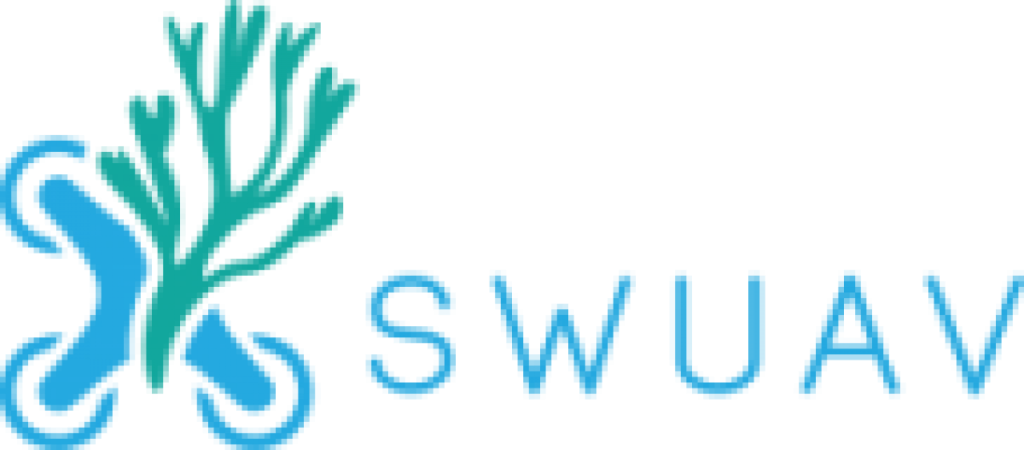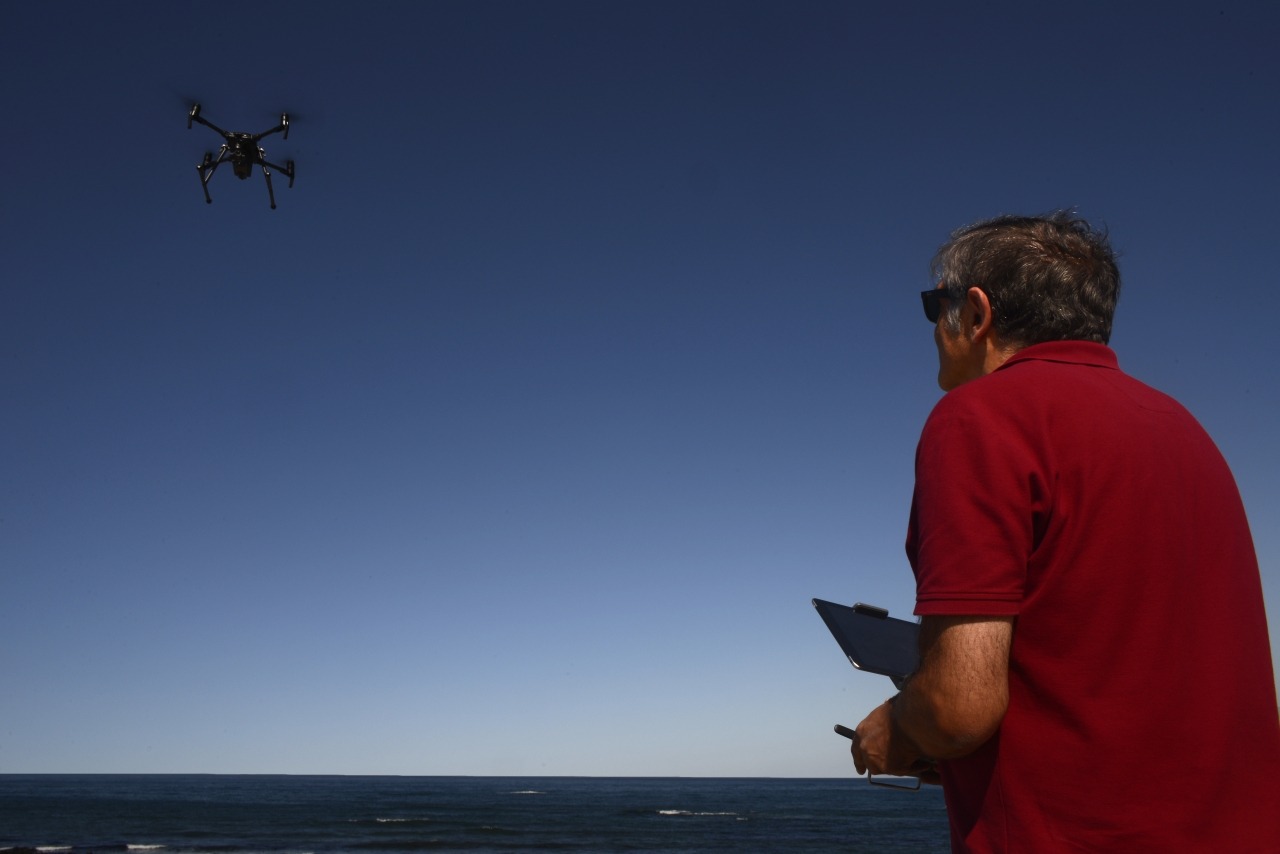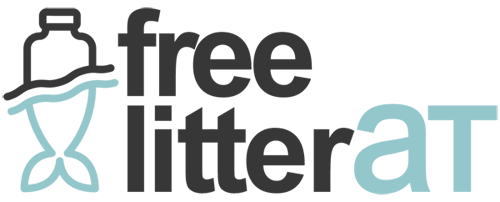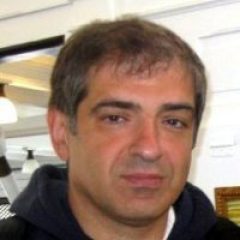
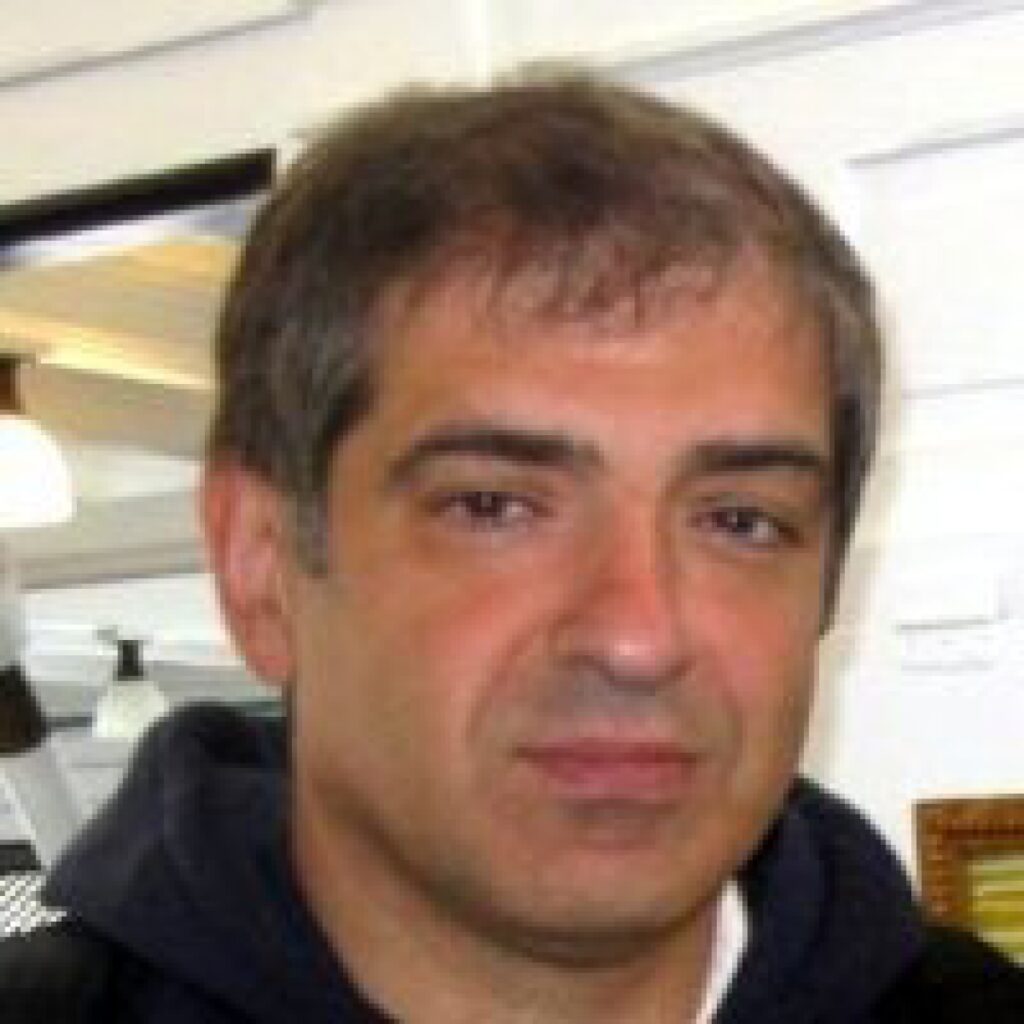
Researcher
José A. Gonçalves holds a degree in Surveying Engineering from the University of Porto (UP), a master degree in Geographical Information Systems and a PhD in Photogrammetry, from University College London. He is currently assistant professor at UP, where he is the director of the master degree in Surveying Engineering, and teaches subjects in the fields of photogrammetry, GIS and map production. He is a collaborator of the ISPRS working group in Mobile Scanning and Imaging Systems for 3D Surveying and Mapping. As a member of CIIMAR his main research interests are in the application of photogrammetry and Remote Sensing for coastal monitoring.

